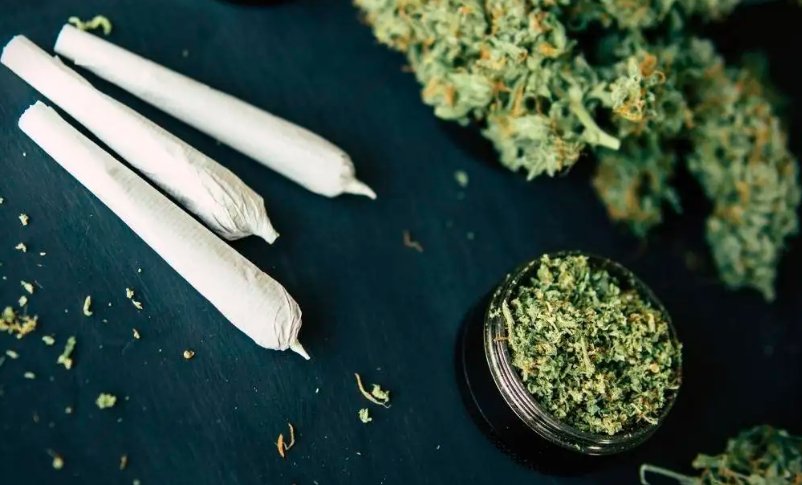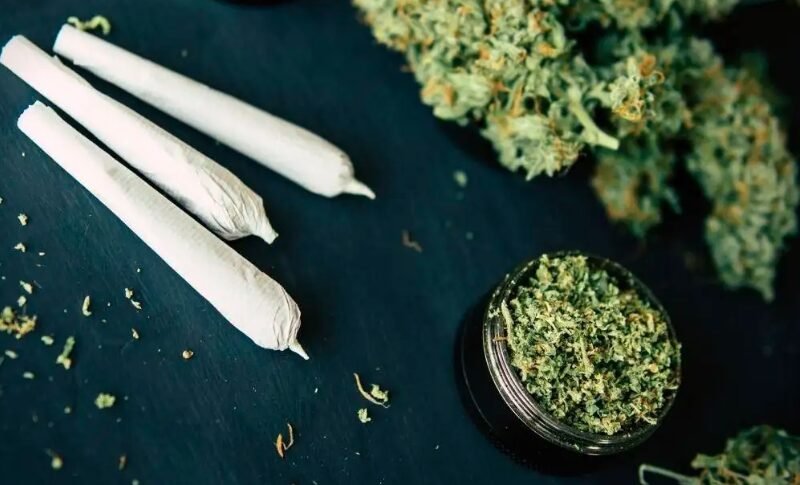The Virginia General Assembly has approved a bill that would allow people who were convicted of felony cannabis-related offenses before July 1, 2021, to have their sentences modified, according to a report by WRIC. The bill, SB 696, now awaits the signature of Governor Glenn Youngkin, who has not indicated his position on the issue.
A Path to Justice for Cannabis Offenders
The bill, sponsored by Senator Angelia Williams Graves (D), would create a process by which people who remain incarcerated or on community supervision on July 1, 2024, for certain felony offenses involving the possession, manufacture, selling, giving, distribution, transportation, or delivery of cannabis, would receive an automatic hearing to consider modifying their sentences. The bill would also make people eligible for parole if their felony sentence was enhanced because of a cannabis conviction and they were committed to the Department of Corrections after January 1, 1995.
The bill’s supporters argue that it would provide a path to justice for people who were disproportionately impacted by the war on drugs, especially people of color, who are more likely to be arrested and convicted for cannabis offenses than white people. They also point out that cannabis is now legal in Virginia for adults 21 and older, and that people should not have to suffer the consequences of a criminal record for something that is no longer a crime.
A Controversial and Narrow Vote
The bill faced opposition from some lawmakers who questioned the cost and feasibility of the bill, as well as the impact on public safety and victims’ rights. Some opponents also argued that the bill would undermine the rule of law and the separation of powers, as it would allow judges to revisit sentences that were imposed by juries.

The bill passed the House of Delegates on Monday with a 52-43 vote, with a few Republicans joining all voting Democrats in favor of the bill. It previously passed the Senate by an even more narrow margin of 20-19, also along party lines. The Senate approved the House amendments to the bill on Tuesday, sending it to the governor’s desk.
The Governor’s Decision
Governor Youngkin, a Republican who took office in January, has not expressed his stance on the bill or whether he will sign it into law. He has said that he supports decriminalizing cannabis, but not legalizing it. He has also said that he is open to reviewing sentences for nonviolent offenders, but that he would not support releasing violent criminals.
The governor has until March 31 to act on the bill. If he signs it, vetoes it, or takes no action, the bill will become law. If he proposes amendments, the bill will return to the General Assembly for consideration.




